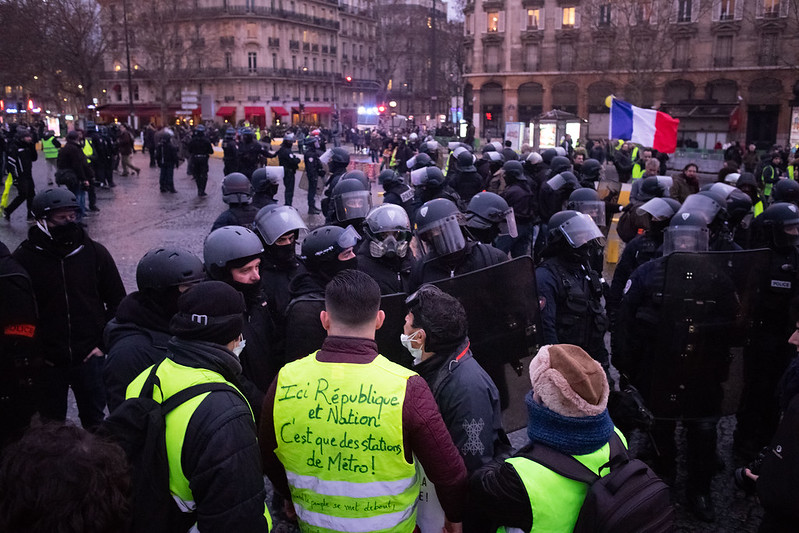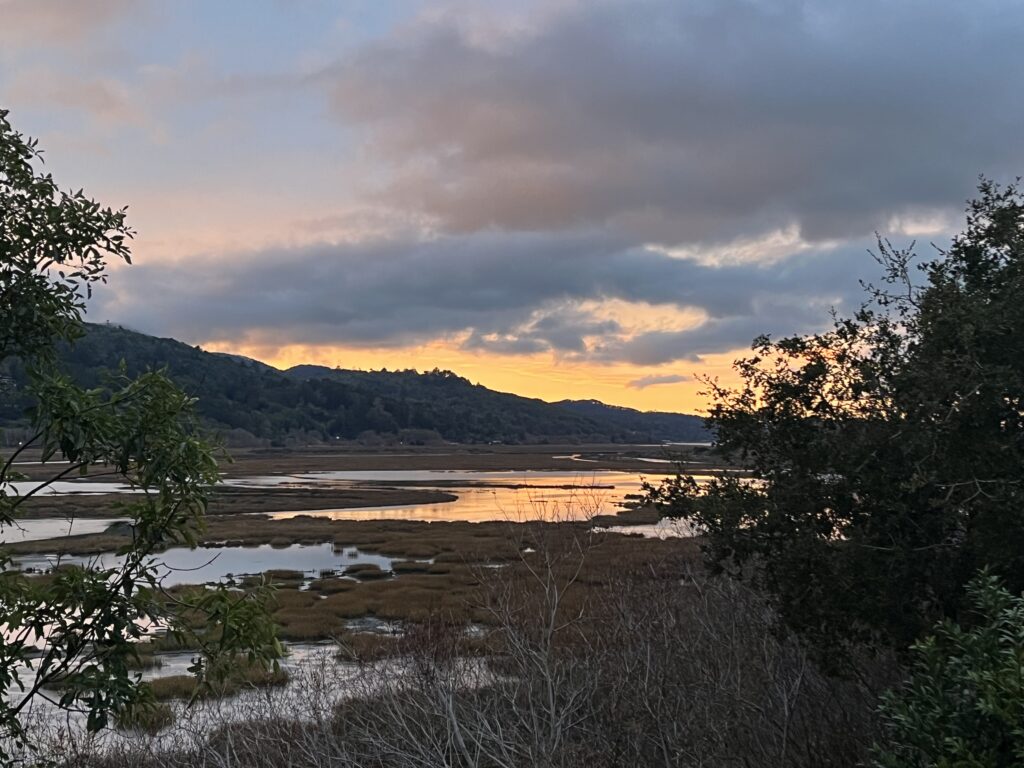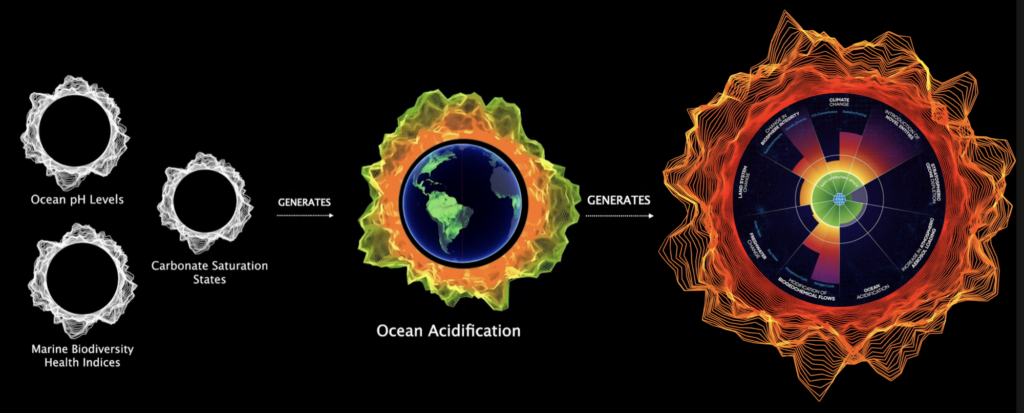The Scottish government established a Just Transition Commission in 2018, recognising the country’s unique need for a participatory plan to rapidly cut its emissions. That commission has just published its interim report. How was it received?
‘Scottish climate action could cause riots’, screeched The Times.
Welcome to the game, dear commissioners.
Fairness for sustainability
Like The Times, many other outlets seized on one line from the commission’s 40-page report and reacted wildly, whilst ignoring the bulk of vital advice and information it contained.
Jim Skea, an Intergovernmental Panel on Climate Change scientist who leads the Just Transition Commission, committed the apparent sin of pointing out what by now is surely obvious: efforts to tackle climate change were “unlikely to be sustainable if it is not delivered in a way that is fair,” he said.
The commission continued: “If action taken to reduce emissions is unfair, or is perceived by the public as being unfair, then it risks the kind of backlash seen in France with the gilets jaunes protests.”
And thus the headlines were born.
Like what you’re reading? Support DeSmog by becoming a patron today!
The Just Transition Commission may rue being quite so candid, but candour is what’s required as the climate crisis deepens and the time-scale for rapid radical change shortens.
The reality is that Skea is quite right. The days when deep social change was a far-off horizon, or climate policies could be contained to some technical tweaks and innovation to the economic juggernaut are long gone.
The fantasy that has been sustained for so long that this economic system can be maintained indefinitely without some visible tangible impact to our actual daily lives is over. Every fragment of scientific data has been telling us that for over a decade, and our lived experience reinforces that simple truth.
Equally, we know that neither the causes of climate breakdown nor the catastrophic consequences are distributed equally. We know that both a relatively small number of fossil fuel producers and their investors could hold the key to tackling climate change – and that the poorest communities suffer disproportionately from the results of the precarity and instability brought about by the ecological crisis.
So what the Just Transition Commission is doing is absolutely the right approach, pointing to the injustices inherent in the current system and the need to bring the general public with you on a journey that is going to involve dramatic changes in lifestyle and expectations.
The difficulty is how embedded the opposition to real change is. The message from the media is: change is impossible – there will be riots.
Learning from failure
This only has traction in a context of business as usual and a failure of political leadership that is now decades long.
As net-zero becomes the policy focus and the implications for society become clear, many will be drawn to characterise this process as one celebrated by “environmentalists’ and resisted by “ordinary people”. But this framing is misleading.
In precisely the terms the Just transition Commission puts it: “We believe that development of transition plans now will bring many benefits” – from certainty for business, consumers and communities to empowering stakeholders to take prompt action.
The conflict is not between “Extinction Rebellion” and “workers”, it is between society and a corporate entities acting beyond regulatory control in a spiral of extractivism. The scale of the work required is only now being seen clearly.
To achieve a just transition, many actors will need to be involved, the commission acknowledges: “plans would benefit from being jointly developed and owned by Government, industry, trade unions, consumer groups and other relevant stakeholders to make them most effective.”
Critics point out that the process of just transition is painfully slow, that the conversion of jobs from fossil fuels to renewable is a trickle not a torrent, and that the entire process is hindered by both the lack of powers over energy by the Scottish Government and the realities of globalisation that mean that (for example) parts for the Neart na Gaoithe offshore wind farm in the North Sea were imported from Indonesia rather than constructed a few miles away at a colossal carbon cost.
The commission recognises this failure, saying the reasons Scotland hasn’t capitalised on the manufacturing opportunities a renewables revolution provides “are complex”. It states that “one contributing factor would appear to be the failure to plan ahead and support the nascent wind power industry with strategic investment and a supportive policy framework in the 80s, when other countries were doing so.”
The commission also points to an unequal playing field driven by cheap materials and labour in other countries, and failures of the UK’s existing subsidy mechanisms to drive local production.
“Failure to plan and invest long-term appears to have been a significant factor, it concludes. “If we are serious about maximising the economic opportunities associated with decarbonisation, this cannot happen again.”
A just transition under The Green New Deal represents an alternative future. It is one that will involve large-scale and rapid changes to our ways of life. But, despite media headlines, it does not have to lead to riots.
Main image © Olivier Ortelpa, Flickr/Creative Commons
Subscribe to our newsletter
Stay up to date with DeSmog news and alerts







